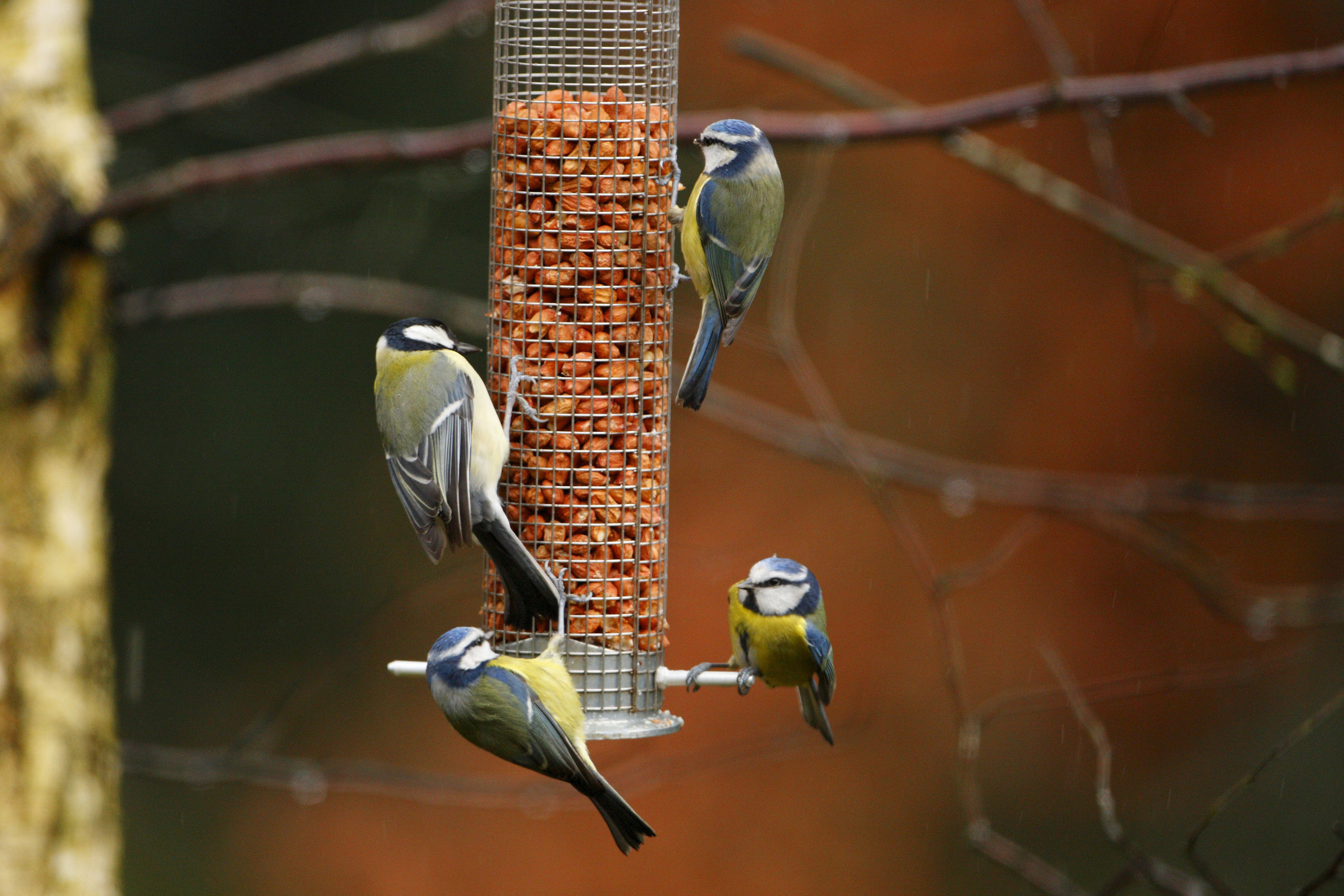Mosquito-borne virus threatens bird
A frequent visitor to British gardens is under threat from a mosquito-borne bird virus that is sweeping the country, scientists have warned.
Experts are worried about a new strain of avian pox which can cause life-threatening infections in great tits.
The virus is known to target a number of British bird species, including house sparrows and wood pigeons, but is especially harmful to the green and yellow songbird.
Wildlife vet Dr Becki Lawson, from the Zoological Society of London (ZSL), said: “Infection leads to warty, tumour-like growths on different parts of a bird’s body, particularly on the head around the eyes and beak. Although the disease can be relatively mild in some species, great tits suffer severe growths that can prevent them from feeding and increase their susceptibility to predation.”
Scientists from Oxford University observed the effects of the virus in birds in nearby Wytham Woods. They found that while a range of tits were susceptible, the great tit was by far the most seriously affected. A study of the virus appears in the online journal Public Library of Science ONE.
Dr Shelly Lachish, from the university’s Edward Grey Institute, said: “Although recovery from infection can occur, our results show that this new strain of avian pox virus significantly reduces the survival of wild great tits and has particularly large effects on the survival of juvenile birds.
“Based on the numbers of affected great tits that we have observed at Wytham Woods, our models do not predict that this new disease will cause an overall population decline of the species. However, pox-affected populations have lower yearly growth rates. Hence, they are likely to have greater difficulty in recovering from other environmental factors that might reduce their numbers.”
With help from members of the public, experts from ZSL and the Royal Society for the Protection of Birds have tracked the disease. In five years, the infection has spread from south-east England to central England and Wales.
Early autumn is the peak danger period when birds are most likely to be infected. Genetic studies show that the virus appears to be a strain previously seen in Scandinavia and central Europe. It is unlikely to have originated in the UK.
Since great tits rarely migrate out of the country, the virus is thought to have been imported via a carrier such as the mosquito.
Latest posts by Sally - Silversurfer's Editor (see all)
- Do you like the new Jaguar rebrand? - November 21, 2024
- Christmas Decorations Masterclass: Make your own Festive Wreath, Garland and Flower Centrepieces - November 21, 2024
- Finding warmth in cold days - November 21, 2024
- Fall in love with Norfolk Hideaways - November 20, 2024
- Would you prefer a cup of tea or a gin & tonic? - November 19, 2024





















